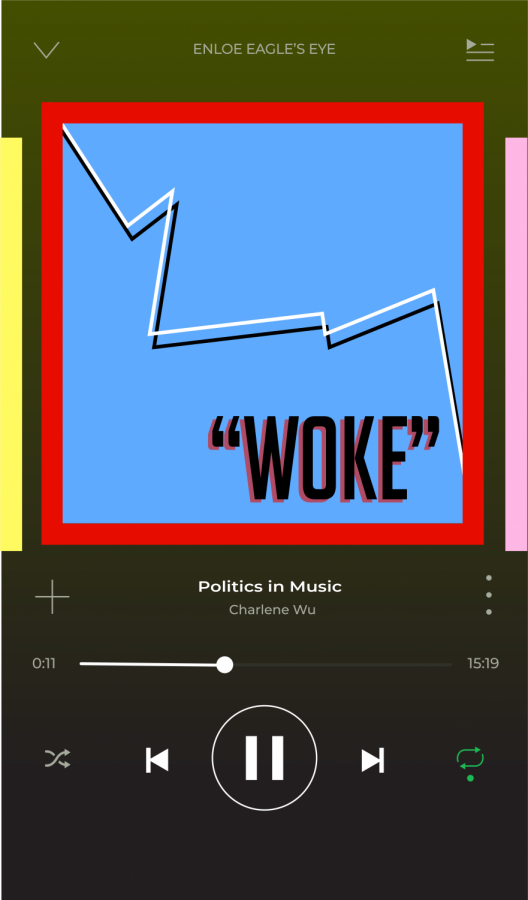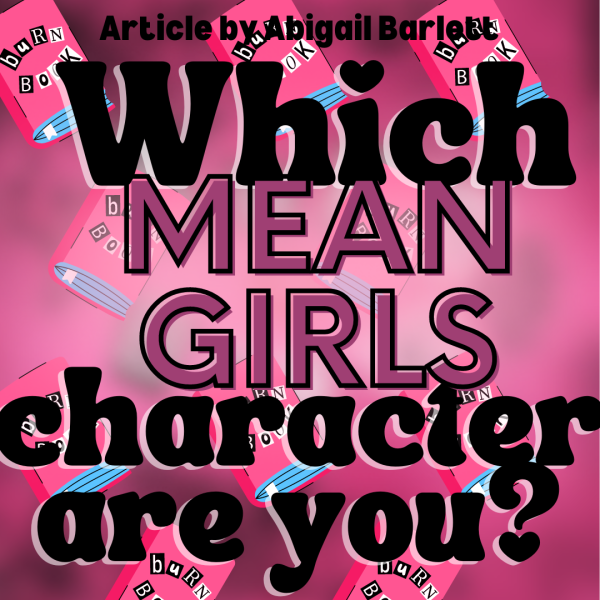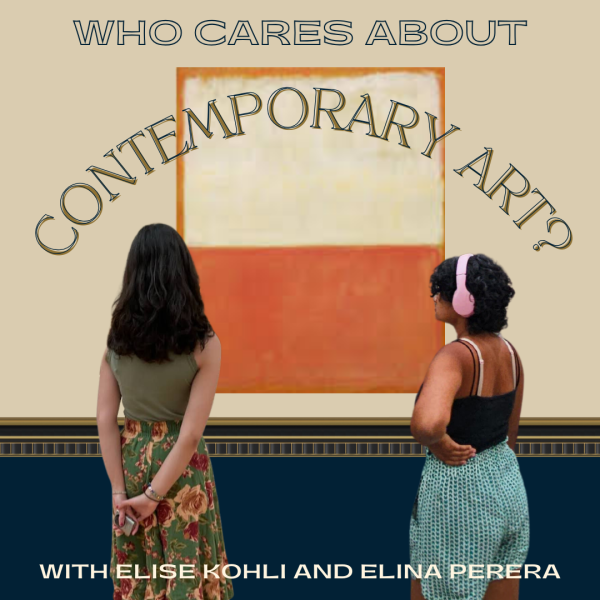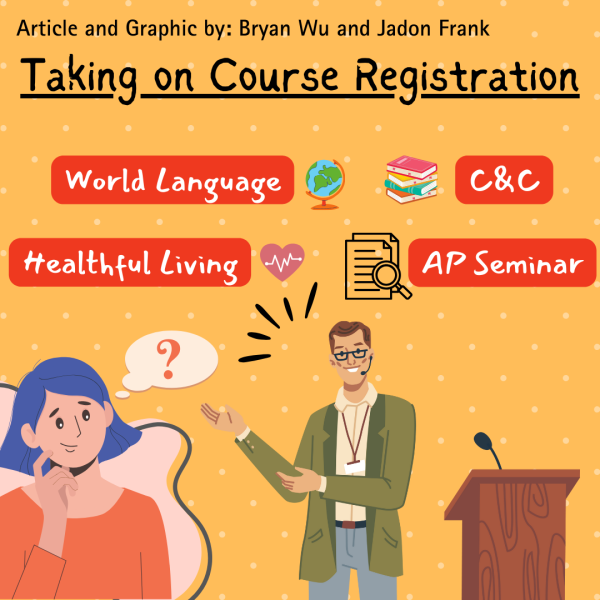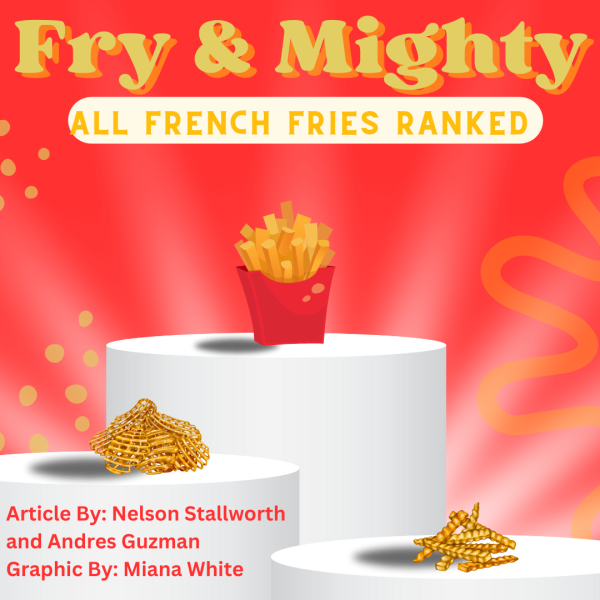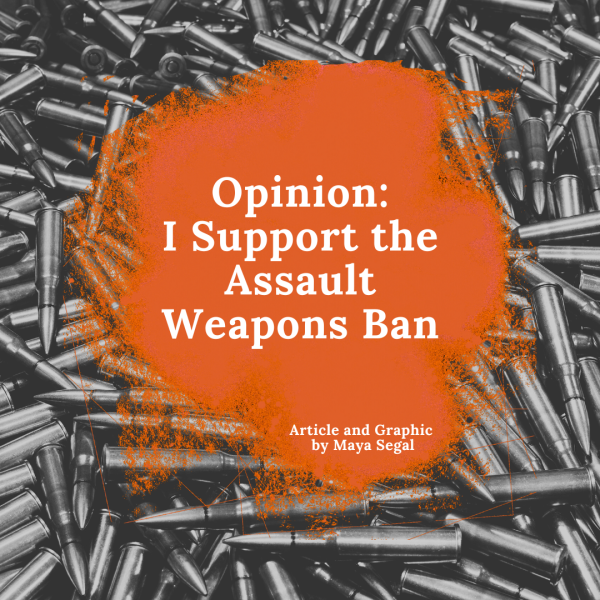“Woke” Musicians Need to Stop
Many artists try to combine the three sectors of entertainment, public speech, and political advocacy through their music to seem “woke” and gain traction. But in the end, it just proves to be ineffective. Pop music becomes successful with catchy lyrics and pretty singing with little need for deep elaboration in meaning. (A miniscule portion of the population will take the time to actually annotate the political allusions of every song they hear on the radio.) And with the new sense of humor established in the current generation, controversial topics do not carry the same impact and legitimacy through pop culture in comparison to more conventional platforms. What the people want are singable melodies on their Spotify, not lectures.
The reason for this is that the primary audience for pop music are Gen Z teenagers. Gen Z is becoming increasingly active in politics because of increased social media exposure. However, at the same time, the generation shares the outspoken Gen Z humor. This phenomenon can be described as highly sarcastic, bordering on the line of apathetic and insensitive. Because of its provocative and complicated nature, it is very difficult to be entertaining while conveying a serious message.
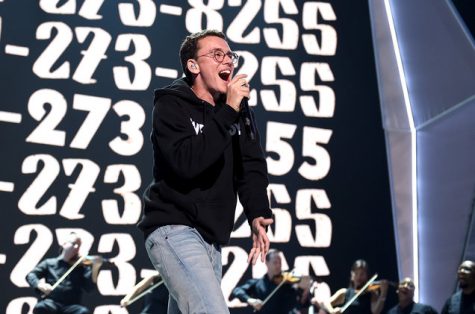
One prime example is Logic’s hit song titled 1-800-273-8255, which was written to raise suicide awareness. However, some lines came off as offensive and appalling. The infamous lines, “I don’t wanna die today (hey!)” and “Who can relate?! (WOO!)” were frequently ridiculed, used as the target of many jokes surrounding its awkward placement.
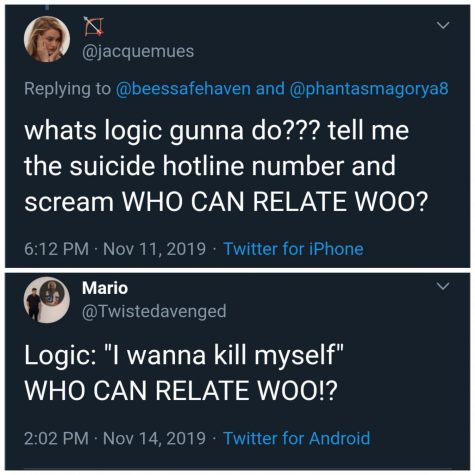
The ad libs were put in to make the song catchy, but it did not fit the tone of such a serious topic. The topic of mental health hits close to home for everyone, and with the instincts of joking about it to be relatable, these lines were a gold mine for Gen Z humor. To steer clear of discomfort in discussion, specifically those concerning mental health, teenagers shrugged off the message behind the song by either avoiding the topic altogether, or making sarcastic jokes. Had Logic focused solely on conveying the message, rather than trying to also balance it with making it sound catchy, his advocacy would have a lasting effect. Logic was trying to take away the stigma behind suicide, but he actually ended up furthering its taboo.
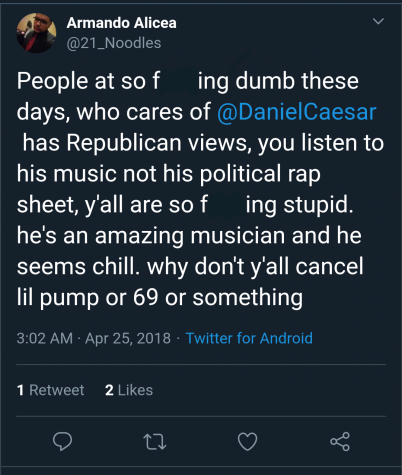
Making music political gets especially risky when artists incorporate indirect jabs at political candidates in pop music, especially American artists. After making remarks about a certain political party, an artist is instantly marked with the label of Democrat or Republican. In return, the artist’s fans are seen to support everything the artist does, particularly their stance on politics. America already has a polarized culture in which everyone surrounds themselves with people and media that support their views, while attacking those that oppose them. This understanding has influenced Generation Z to instantly judge and divide one another by their political stance. For example, if a musician is to come out and allegedly say something controversial, the audience can and will scrutinize their every move, completely cutting them out of their life. This “cancel culture” is constantly seen in the Gen Z music industry. When an artist supports an opposing political issue, their audience is quick to feel ashamed for supporting their music and will “cancel” or completely dissociate themselves from the artist. This is detrimental to a musician’s career and reputation, but also creates a torrent of frustration for the listener. Why must people with pretty voices always be problematic?!
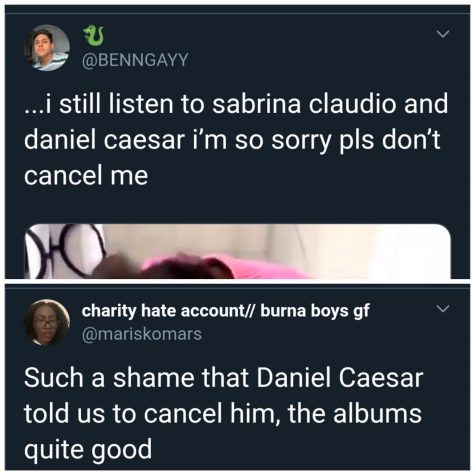
However, political issues should not be completely dismissed from teenagers’ radar. The generation’s awareness and participation in politics still plays a fundamental role for a country to function. A musician can still get involved in the three sectors of entertainment, speech and advocacy, spreading awareness to the teenage audience without massive political repercussions. Though, a better approach to this can be implemented. Instead of risking one’s reputation and being ridiculed by the masses, musicians’ words about politics should be moved to more effective platforms. Informative videos on social media, fundraisers, talk show interviews, or published guest articles in magazines would all be much more pertinent arenas. The tone of these public forums are much more respectful to the serious topics at hand and taken with higher regard. When a song is advocating for a topic, but simultaneously commercializing and making monetary gain off of its success, the true motivations of an artist remain to be questioned. Not only do these other platforms legitimize an artists’ reputation and opinion, but establishes trust between their supporters.
In this digital age, politics and opinions are everywhere. It’s impossible to prevent anything from turning deep and political. Songs can have philosophical meanings and people can perform in-depth analysis on them if they wish. But sometimes teenagers just want a fun song to sing and dance to, without the extra sprinkling of higher thinking symbolism. And sometimes artists just want to write a super quick song about a summer love. Why make things so complicated? Save those political allusions for English class, please!
Your donation will support the student journalists of Enloe Magnet High School, allowing us to cover our annual website costs. We are extremely grateful for any contribution, big or small!

Charlene's pass-times include: evaluating her Google Calendar color scheme, baking Tres Leches, and parking badly. Ask her, "How was your day?" and she'll...


